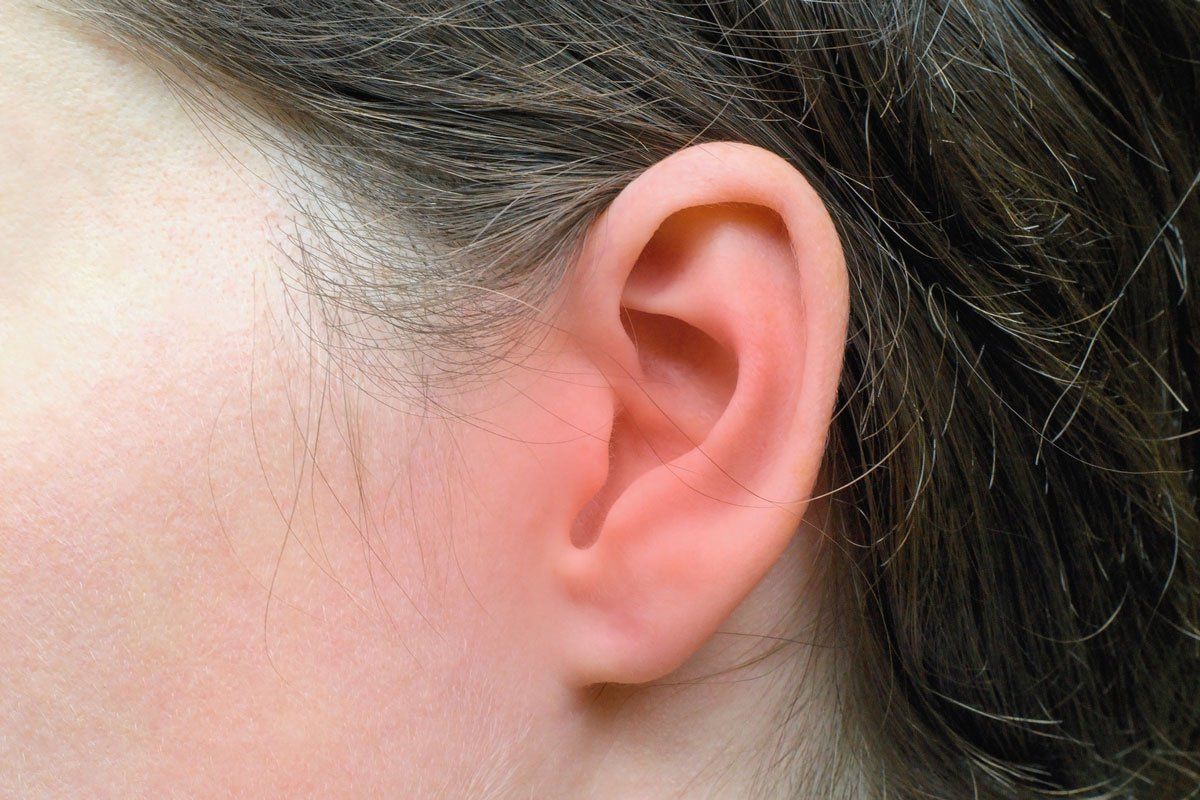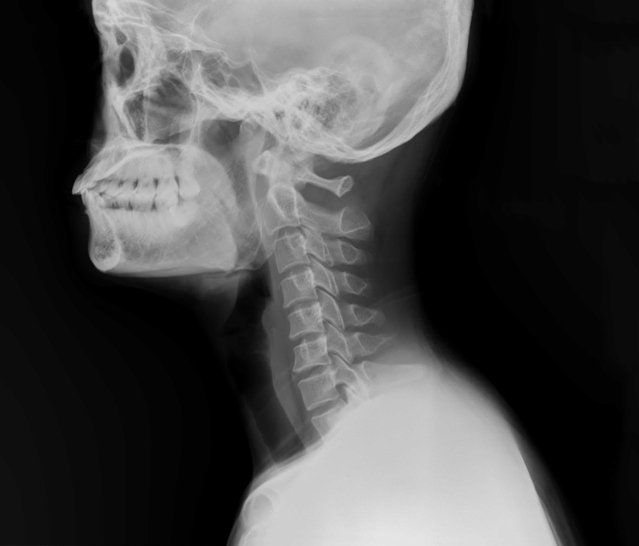Fax: 910-762-0778
Fax: 910-681-1490
BLOG
Wilmington ENT Blog
By websitebuilder
•
March 14, 2022
Some people develop non-cancerous lesions called nodules on their vocal folds. Read on to learn how treatment and care can restore and protect your voice.
By Admin
•
January 11, 2022
What are nasal polyps? You might need help from an ear, nose, and throat specialist to address them. Click to learn the basics of addressing nasal polyps.
By Admin
•
August 30, 2021
Did you see white spots in your child's throat? They may indicate a serious condition. Discover three conditions that cause white spots in the throat.
By Admin
•
May 5, 2021
If you experience throat discomfort when you try to speak, laugh, or sing, you may have laryngitis. See the answers to some laryngitis FAQs to learn more.
By Admin
•
March 1, 2021
If sinusitis keeps you from enjoying your life, learn about this condition's causes and effects as well as the possible treatment and prevention options.
Trust the ENT expert physicians at Wilmington ENT. Make an appointment today.
Business Hours:
Monday – Friday: 8:30 a.m. – 4:30 p.m.
Saturday - Sunday: Closed




Content, including images, displayed on this website is protected by copyright laws. Downloading, republication, retransmission or reproduction of content on this website is strictly prohibited. Terms of Use
| Privacy Policy







